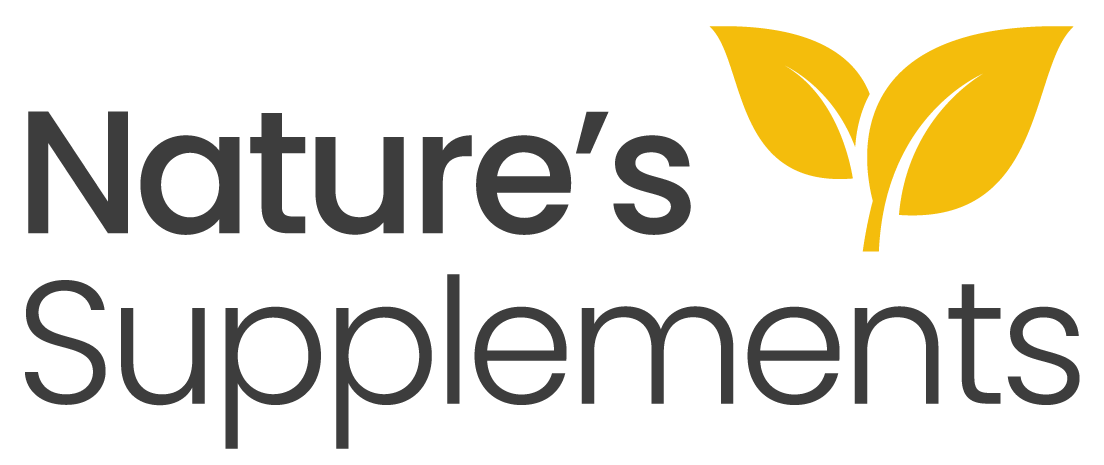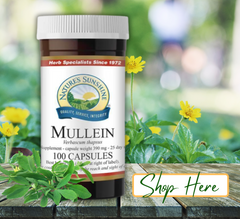As the season of Spring blossoms around us, so does the onset of allergies. Seasonal allergies, commonly known as hay fever, can greatly disrupt our daily routine. Peaks in pollen counts occur during certain periods, notably in spring and autumn, exacerbating symptoms for an increasingly high number of individuals. Tree pollen is usually the first to trigger symptoms, starting around late March to early April. Monitoring pollen forecasts and reducing outdoor exposure during peak periods can assist in controlling these seasonal ailments.
What is an allergy?
Allergies are a result of the immune system's response to substances that are typically harmless to most people but are perceived as threats by individuals with allergies. This response involves several key components of the immune system. This mistaken identity triggers various processes in the immune system starting with the production of specific antibodies that release various chemical mediators, including histamine. This then causes inflammation in the body which leads to the characteristic symptoms of allergies, such as itching, sneezing, runny nose, and hives.
What causes allergies?
Allergies often arise from an immune system that becomes dysregulated or imbalanced, leading to exaggerated responses to harmless substances. This imbalance can manifest in several ways, including an overactivation, reduced numbers, and impaired function of certain cells that play vital roles in immune function. Impaired function in tissues like the skin and mucosal linings, genetic predispositions, and environmental influences such as early-life exposures to pollutants, also collectively contribute to an increased risk of developing allergies.
Living with allergies
Managing allergies necessitates making educated decisions about one's lifestyle. This entails modifying your surroundings by employing air purifiers, opting for hypoallergenic products, and maintaining a clean, dust-free living environment. For individuals with food allergies, diligent scrutiny of labels and effective communication with restaurant staff become integral aspects of their daily routine.
Maintaining a well-rounded diet can enhance your immune system's resilience. Some foods possess inherent antihistamine qualities, whereas others might aggravate allergic responses.
Defend Allergies Naturally
The best natural remedy for allergies is eating well and supplementing your diet with the nutrients your body needs can help to boost your immune system, enhance your general nutrition, having a positive impact on both your physical and mental health.
Consuming Local Honey can help desensitise your body to local pollen, potentially reducing allergy symptoms. Be sure to choose raw, unprocessed local honey for maximum benefit and be sure to start early March.
A Saline Nasal Rinse can help clear nasal passages of allergens and irritants, providing relief from congestion and sinus symptoms.
Inhaling Steam from a bowl of hot water or a shower can help relieve nasal congestion and soothe irritated nasal passages.
Essential Oils such as peppermint, eucalyptus, and lavender, can have decongestant and anti-inflammatory properties that can help alleviate allergy symptoms. Use them in a diffuser or diluted with a carrier oil for topical application.
Consuming Probiotic-rich Foods like yogurt, kefir, or taking probiotic supplements can help modulate the immune system and reduce allergic reactions.
Acupuncture is an alternative therapy that can help alleviate allergy symptoms by rebalancing the body's energy pathways and modulating the immune response.
Practicing Deep Breathing Exercises, such as diaphragmatic breathing or the Buteyko method, can help reduce stress and promote relaxation, potentially alleviating allergy symptoms.
Avoiding Pollutants, such as cigarettes, alcohol, and other external pollutants can help prevent allergic responses by reducing airway irritation, allergen sensitisation, respiratory damage, immune dysfunction, and oxidative stress.
Getting out into Nature is a great way to cleanse the body, breathing in the fresh air of the ocean or forest.
Regular Exercise has been shown to have anti-inflammatory effects, so can help strengthen the immune system and reduce the severity of allergic reactions.
High Stress Levels can exacerbate allergy symptoms by triggering inflammatory responses, so spending time for yourself to relax and help alleviate stress can help reduce allergy symptoms.
Sunlight Exposure can boost vitamin D levels. Vitamin D plays a role in regulating the immune system and can help reduce the risk of allergic diseases.
Green Tea contains potent antioxidants known for their anti-inflammatory and immunomodulatory effects. Epigallocatechin gallate (EGCG), the primary catechin in green tea, has demonstrated the ability to suppress allergic responses by inhibiting the production of inflammatory cytokines and IgE antibodies. Additionally, green tea contains various other bioactive compounds that contribute to immune regulation and can aid in reducing allergic inflammation.
Staying hydrated is crucial for managing allergies as it maintains thin mucus, eases congestion, supports immune function, flushes out toxins, and prevents dehydration, enhancing resilience against allergens. Adequate hydration is essential for regulating histamine levels in the body. When we maintain proper hydration, we can potentially minimize imbalances in histamine levels. Dehydration can prompt the release of histamine, particularly during extended periods of insufficient water intake. By ensuring adequate hydration, we can potentially reduce or prevent histamine production associated with allergic responses. Moreover, proper hydration supports optimal fluid balance at the cellular level, mitigating inflammation triggered by histamine. In essence, staying hydrated not only promotes overall health but also aids in controlling histamine levels, potentially relieving symptoms linked to histamine-related conditions.
Histamine-Reducing Foods: Nurturing Your Body
Histamine is a compound released by your immune system in response to allergens, which can worsen hay fever symptoms. Incorporating histamine-reducing foods into your diet may help alleviate these symptoms. Some foods possess natural antihistamine properties or can inhibit histamine release and incorporating these foods into your diet can complement other hay fever management strategies and promote overall well-being.
Quercetin-rich foods Quercetin is a natural antihistamine compound found in onions, apples, citrus fruits, and leafy greens.
Omega-3 fatty acids Found in fatty fish like salmon and sardines, as well as flaxseeds and chia seeds, omega-3s possess anti-inflammatory properties.
Vitamin C-rich foods Boost your immune system and reduce histamine release with foods like bell peppers, strawberries, and broccoli.
Herbal teas Chamomile, nettle, and peppermint teas are known for their potential anti-allergy and anti-inflammatory properties.
Here is a list of histamine-rich foods to consider avoiding or reducing in your diet to manage hay fever symptoms:
Fermented foods (sauerkraut, kimchi, pickles, kombucha)
Aged and cured meats (salami, sausage, bacon)
Aged cheeses (cheddar, blue cheese, Parmesan)
Shellfish (shrimp, lobster, crab)
Citrus fruits (lemons, oranges, grapefruits)
Harness the Power of Nature to Reduce Allergy Symptoms with Nature's Sunshine Supplements
Nature’s Sunshine’s allergy supplements are designed to work in tandem with your diet and lifestyle to help your body fight allergic reactions and alleviate hay fever symptoms. They can help provide relief from a wide range of common allergies including pollen, food, animals and bugs. The following supplements, available have gained popularity among individuals seeking natural remedies:
Nature’s Sunshine Fenugreek and Fennel Combination is a key system product designed to nourish the lungs and smooth lung tissue.
🍃Helps protect lungs from seasonal airborne substances.
🍃The fenugreek herb is an excellent source of Selenium, an antioxidant that helps the body utilise oxygen.
🍃Specifically formulated for optimum respiratory function.
🍃Effective management of alleviating hay fever symptoms.
Nature's Sunshine Fenugreek and Thyme is a Long-standing formula blend of two renowned herbs, Fenugreek and Thyme, both traditionally associated with respiratory health.
🍃Contains mucilaginous compounds known for soothing tissues.
🍃Rich herbal source of Selenium, an antioxidant aiding oxygen utilisation.
🍃Supports the respiratory system in supplying oxygen to the blood and expelling waste gases.
🍃Protecting respiratory health is crucial for managing allergies and hay fever symptoms.
🍃Maintaining healthy lungs supports the body's ability to cope with airborne particles and pollutants.
Nature's Sunshine Mullein is also a fantastic supplement for managing coughs and sneezes during the hay fever season.
🍃Mullein helps to keep the bronchial clear of particles that can get trapped further down in the tract causing breathing difficulties.
🍃Contains Saponins, chemical compounds highly effective for reducing coughs and alleviating phlegm.
Now, armed with this comprehensive guide to natural remedies and a list of histamine related foods to consider, go forth and embrace a sniffle-free season. Enjoy the blossoms, revel in the sunshine, and savor each moment knowing that you have the power to overcome hay fever naturally.
Stay strong, stay resilient, and let the beauty of life shine through without the pesky symptoms of hay fever. Together, we can make this season a time of joy, wellness, and boundless possibilities.
Visit Our Collection of Natural Products to Help with Hay Fever and Respiratory Function











